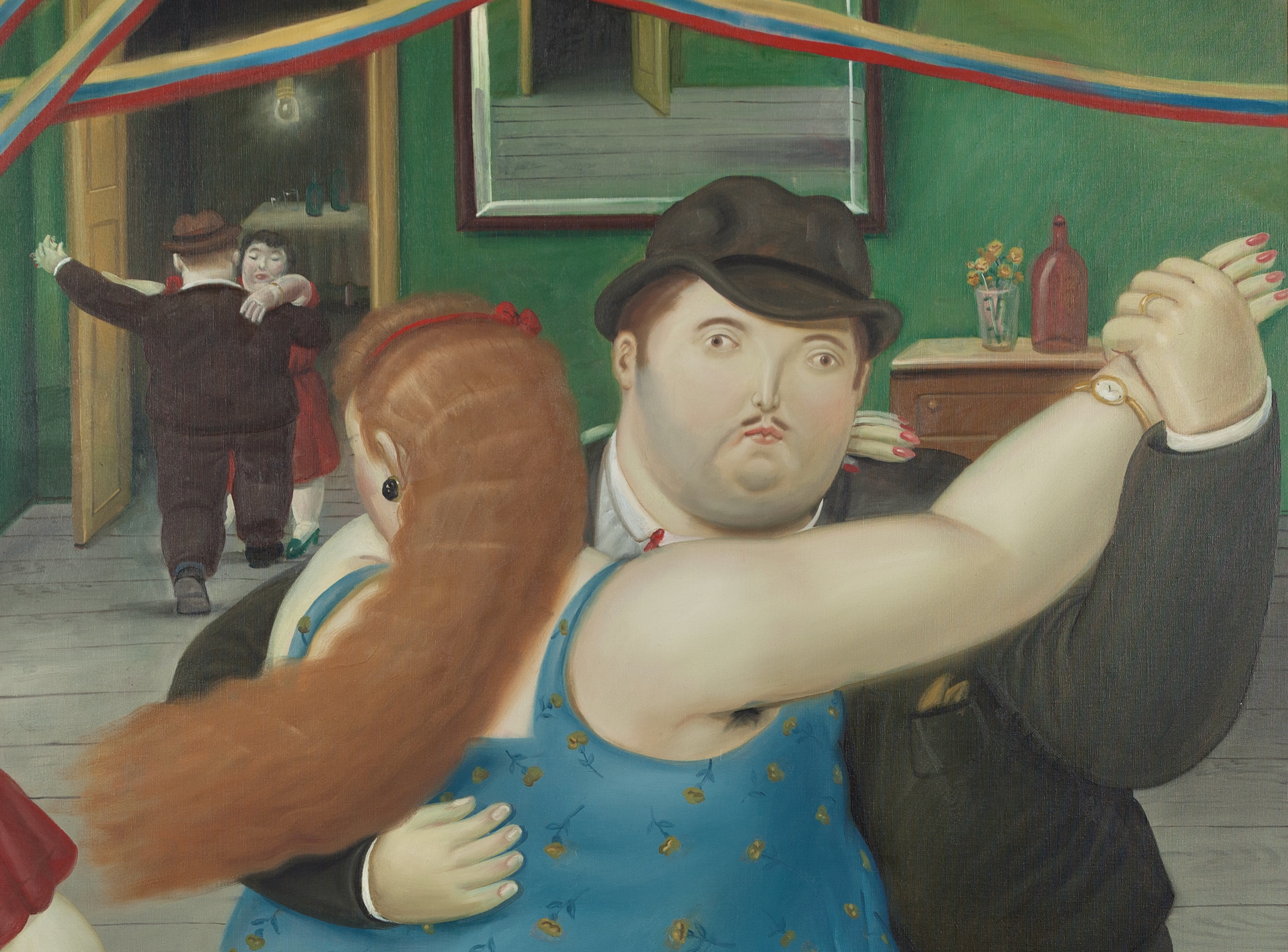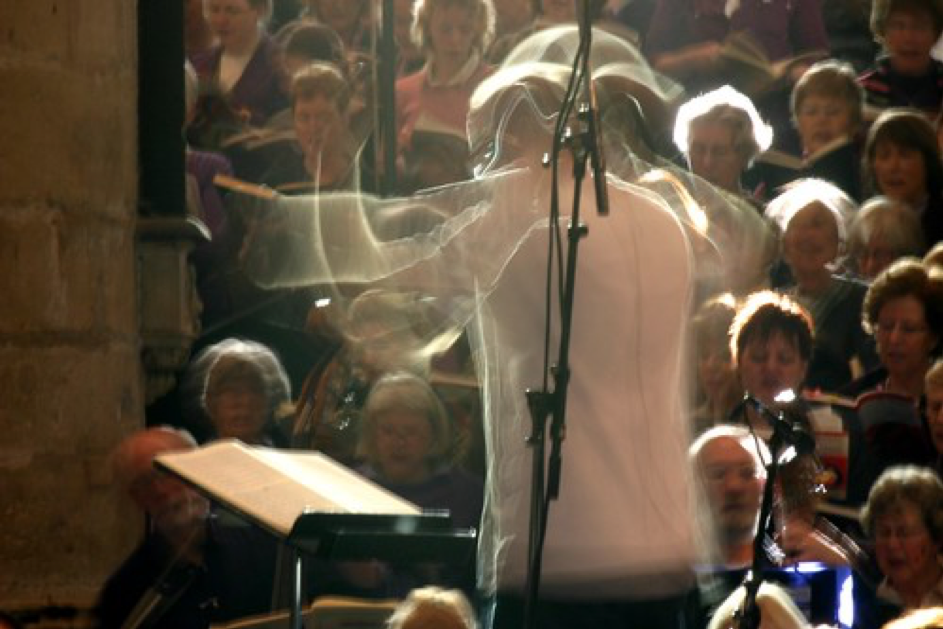By Sabrina Pedrini and Pier Luigi Sacco

The creative industries have been regarded, for many years, as the soul of urban development. Among these, the music industry is particularly vibrant in Italy. In this study, we show how the city of Bologna has developed a vital cultural “humus” that characterised the brand of the city itself, thanks to particular socio-economic conditions. However, the engineering of cultural policies adopted since the 1990s is leading to greater individualism and a loss of cohesion even within the musical community, losing the identity that has made the “city’s fortune”.
Continue reading “THE POWER OF LOCAL NETWORKING: BOLOGNA’S MUSIC SCENE AS A CREATIVE COMMUNITY, 1978–1992”




Recent Comments